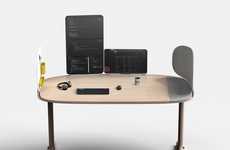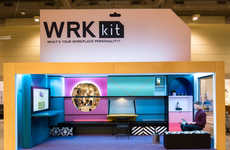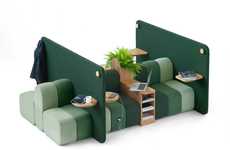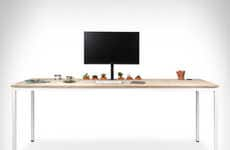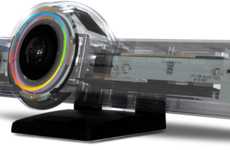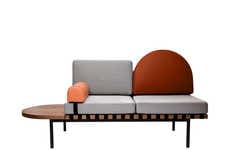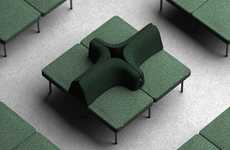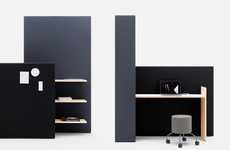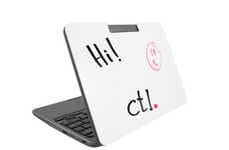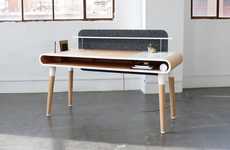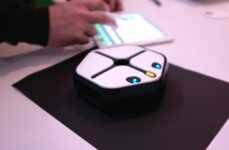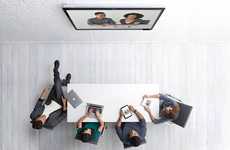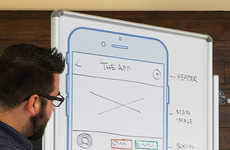
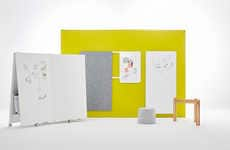


Whiteboards are being transformed to suit a variety of work styles
Implications - Whiteboards have long been a function of the traditional office, however they are now being transformed in a variety of ways to incorporate or facilitate different learning styles. Whether focused on creativity, production, or brainstorming, brands are creating whiteboards that are connected, that take up entire rooms, or that can be enabled on any screen. As office spaces become more personalized to individual needs and more flexible in their design, the use of enhanced whiteboards serves as an extension of this emerging shift.
Workshop Question - How can your brand enhance one of its traditional products or services to expand its primary functions?
Trend Themes
1. Connected Whiteboards - As whiteboards become more interactive, businesses can leverage emerging technologies, such as smart stickers and digital features, to enhance collaboration and remote communication.
2. Modular Furniture - The rise of activity-based office furniture, including dual-purpose whiteboard tables, represents a market shift toward adaptive and flexible work environments.
3. Robotics in Cleaning - Incorporating robotics in office cleaning can have far-reaching implications for large-scale operations and has the potential to mitigate issues of labor shortages and workplace safety.
Industry Implications
1. Office Equipment - Companies in this industry can leverage emerging technologies to enhance the utility and functionality of whiteboards, a pervasive element of office cultures.
2. Furniture Design - Designers and manufacturers of activity-based office furniture can expand their product lines to include modular collaborative tools, such as whiteboard tables.
3. Robotics - Robotics companies can expand their product portfolios beyond the cleaning industry to include automation for office tasks such as whiteboard cleaning.


